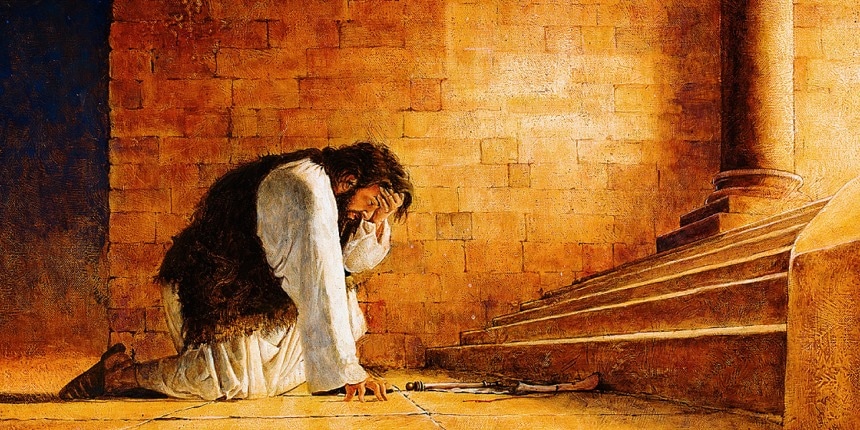love and happiness (2017/12/17)

Hello, friends! You're reading four cubits and a span. I'm Dan Abson, and this week I'm writing up my notes instead of podcasting them: a notcast, if you will.
Why? Because it's winter-time, and here in Central Scotland that means... viral and bacterial infections for all! I'm down and out with laryngitis and a chest infection, so there's no way to record your weekly dose of Bible story goodness. Still, the show goes on. Sort of.













